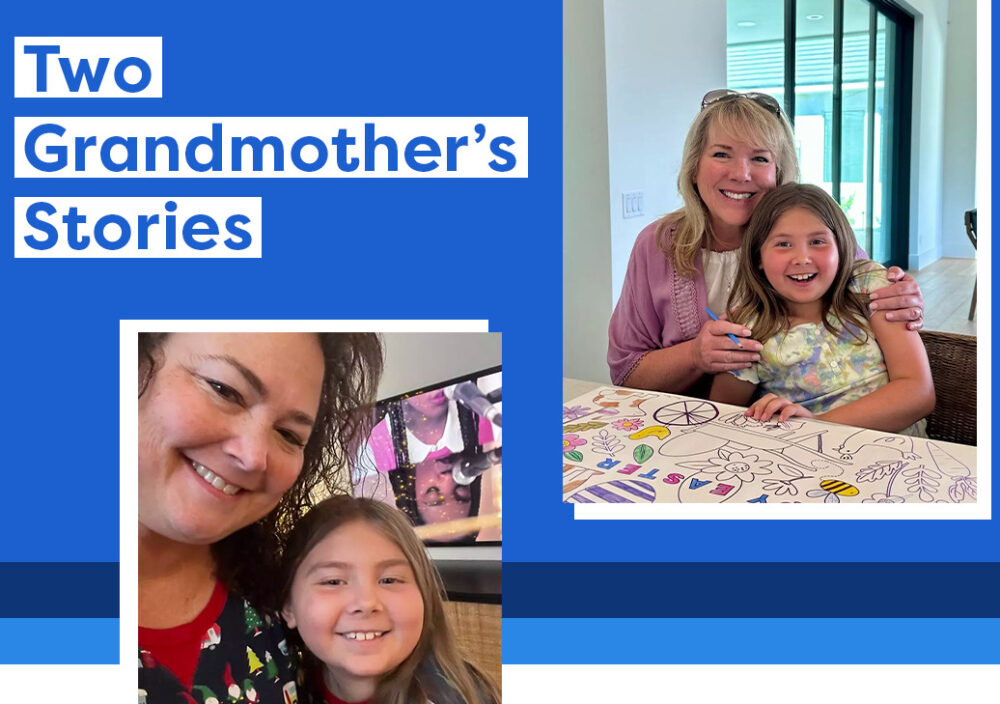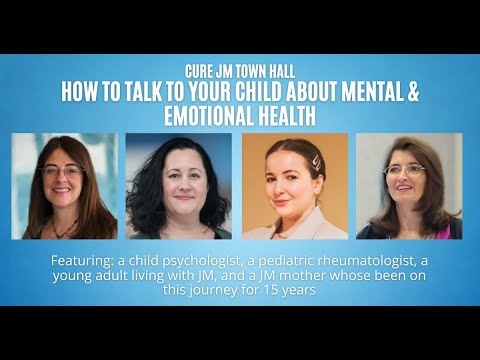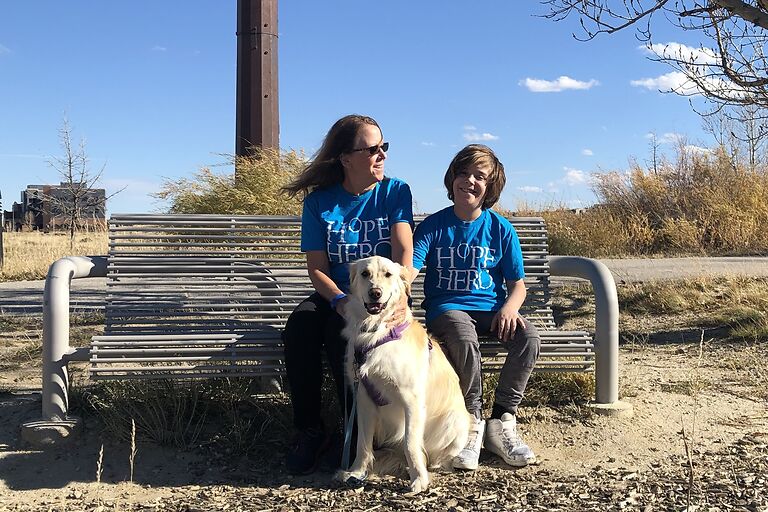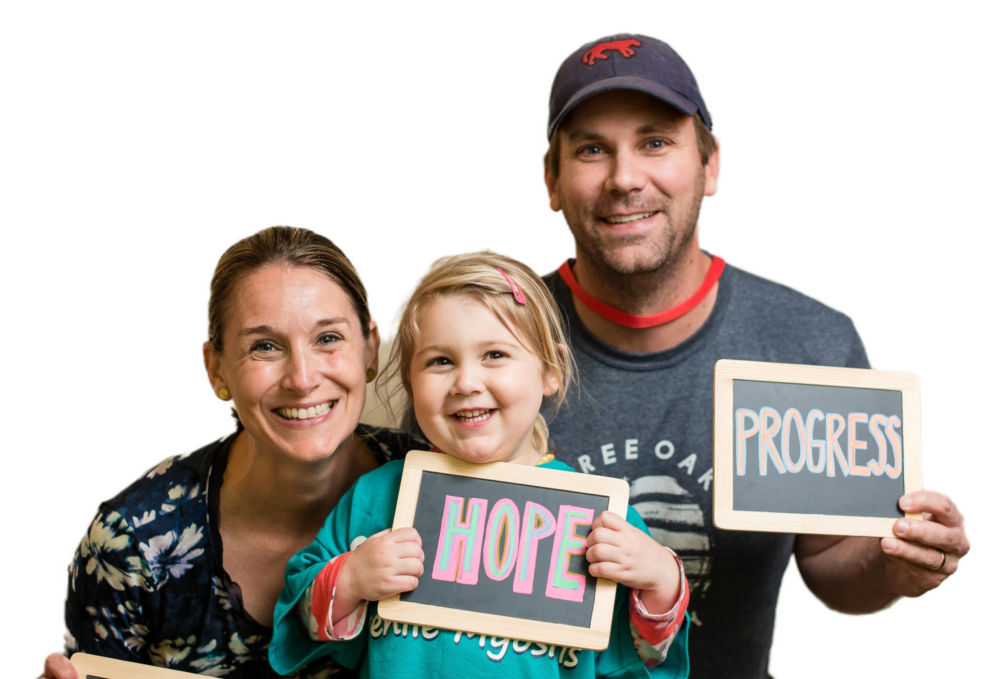Alexandra grew up in Philadelphia. At eight years old, she was diagnosed with juvenile dermatomyositis. Her first symptom was pain in her cuticles whenever she touched something. Then came the rash, weakness, painful inflammation, and a host of other symptoms. Daily activities were painful, but the rash would be her main symptom during her over 13-year-long battle with JDM.
“People would see my rash and ask, “did you get sunburned?” I would sometimes agree, not wanting to get into the full story of having JDM.”
Alex’s treatment was long-winded. She took Prednisone from ages 8 to 20, regularly receiving oral steroids and IVIG and IV steroids. She didn’t stop IV treatment until she was in college, and a port was placed in her chest because her veins were giving out from the years of needles. Her hope along the way was in the people around her. Her mother was her number one superstar supporter through it all.
“She went through the heartbreaking times with me and took a lot of the stress and emotional burden off my shoulders.”
When Alex wanted nothing to do with doctors, the disease, or medicine, her mom would be her advocate and encourager. Her father and her sisters were there to bring laughter and confidence boosts when things got difficult. Her “Babchi,” or grandmother, brought hope and perspective. Her aunts, “Ciocie” and “DD,” helped Alex feel like a normal kid.
“They would mess around with me like an older sister, and I always felt cool when I was with them.”
That’s what’s so isolating about JDM—it doesn’t make you feel like a normal kid. Being known and loved during the struggle gives hope and dignity to those fighting JDM. Alex was lucky to find that in her best friend, Caitlin. Since they were little, Caitlin has stood by her side with support and care.
“She always stuck up for me in elementary school during the tough years when kids weren’t so nice.”
Alex credits the combination of all these people as the source of her hope and encouragement, and their community was essential to her developing a fighting spirit and competitive edge.
“I had a good childhood despite JDM, and I had so many protective factors that allowed me to grow into a resilient adult.”
Alex has become more involved with Cure JM and with sharing her story of hope with others. Better treatments, better care, and a cure are important to Alex.
Thankfully, Alex has been fully medication free since she was 23 years old. Since then, she’s had virtually no symptoms. During the journey and in the long overdue period of relief, her ambition and strength have carried her far. She studied psychology and biology for her undergraduate years before attending graduate school, and she now works as a school psychologist, recently winning an Excellence Award from her workplace.
Alex ran her first marathon in November and is currently training with her boyfriend Ryder to run another.
Alex’s life is full of light and activity, and though it was a long journey, the hope paid off. Alexandra’s last piece of advice is simple: always seek out happiness. Have a perspective on tough situations, focus only on what’s in your control, and make a habit of thinking positively.




